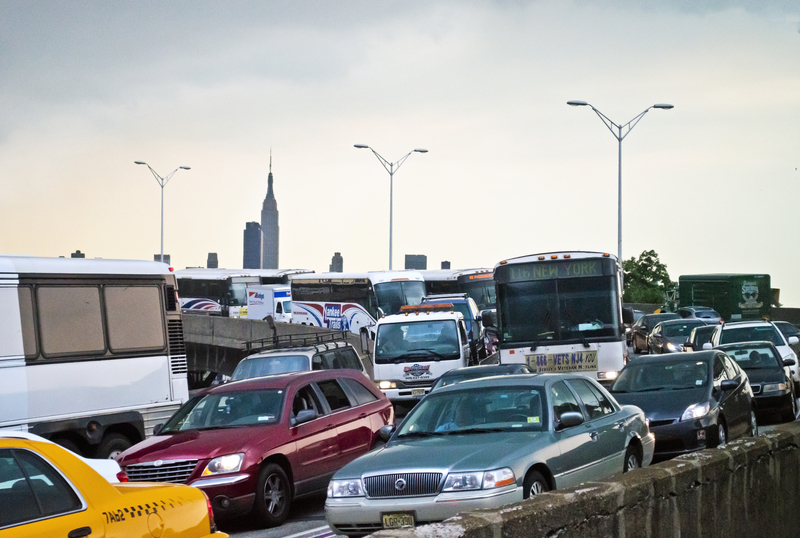In-Depth Analysis: The Impact of New York City’s Congestion Pricing
New York City is set to implement the nation’s first congestion pricing program, starting on June 30, 2024. This initiative will charge vehicles entering the Congestion Relief Zone in Manhattan, encompassing local streets and avenues at or below 60th Street. The goal is to reduce the number of vehicles entering this highly congested area by 100,000 daily, thereby alleviating traffic and enhancing urban mobility.
Congestion pricing is projected to transform New York’s busiest district by dramatically reducing traffic, leading to cleaner air, safer streets, and better transit operations. The program is also expected to generate substantial revenue, estimated at $15 billion, which will be invested back into the city’s public transportation system to modernize subways and buses.
While the program aims to improve overall city dynamics, it could potentially increase travel costs for daily commuters and affect local businesses within the zone, as the added cost could deter customer visits. Additionally, there’s a concern about the potential increase in traffic on alternative routes as drivers may seek ways to avoid the toll zone.
New Jersey has expressed significant concerns regarding the congestion pricing plan, arguing that it disproportionately affects its residents who commute to Manhattan for work. As a result, the state has initiated legal actions against the program, aiming to challenge its fairness and seek modifications or exemptions for New Jersey commuters.
For commuters from New Jersey, the congestion pricing plan is likely to make commuting more expensive, especially for those who do not benefit from any toll credits or exemptions. Currently, crossing credits are offered for drivers who use certain tunnels to enter Manhattan, but those driving over the George Washington Bridge and heading south of 60th Street will not receive such benefits. This aspect of the plan has been a focal point of contention between New York City and New Jersey.
While New York City’s congestion pricing program has the potential to improve urban congestion and environmental quality significantly, it also poses challenges and concerns, particularly for commuters from neighboring New Jersey.
The ongoing discussions and legal challenges indicate that adjustments and negotiations may continue up until the program’s planned implementation.

